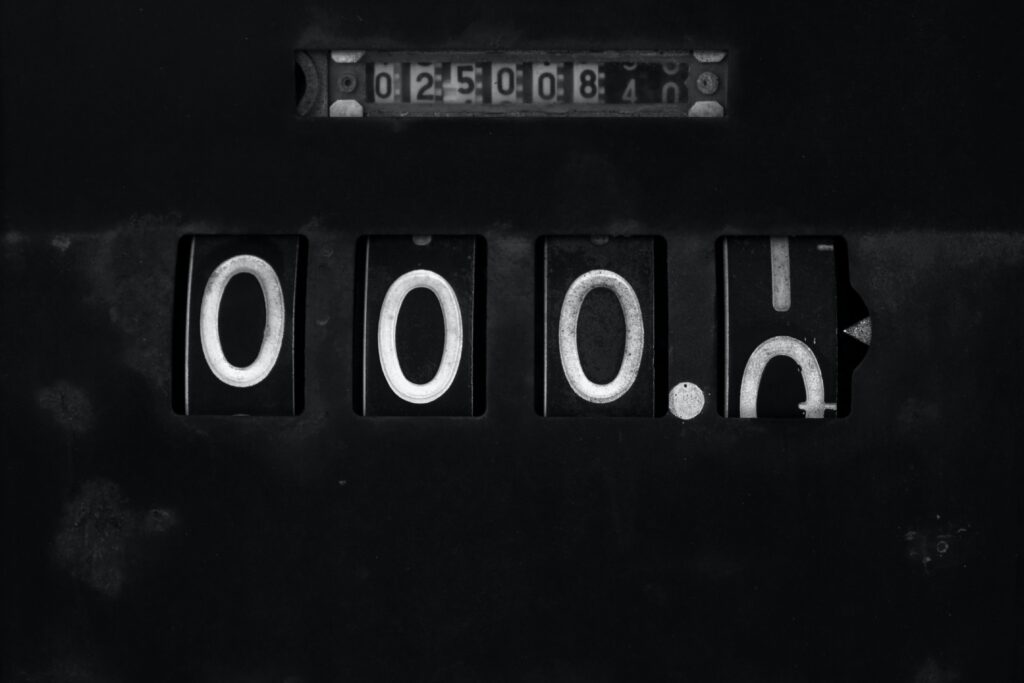Yes, zero is a real number in mathematics. In this answer, we will explore the concept of real numbers, their properties, and why zero is considered a real number.

Real numbers are a fundamental concept in mathematics that refers to a set of numbers that can be expressed as decimals or fractions. The set of real numbers includes all positive and negative numbers, including rational numbers (numbers that can be expressed as a ratio of two integers) and irrational numbers (numbers that cannot be expressed as a ratio of two integers).
Real numbers are commonly denoted by the symbol “R.” The set of real numbers is infinite and continuous, meaning that there are infinitely many numbers between any two real numbers. For example, between 0 and 1, there are infinitely many real numbers, such as 0.5, 0.75, 0.999, and so on.
Real numbers have certain properties that make them distinct from other sets of numbers, such as integers or complex numbers. Some of the properties of real numbers are:
- Closure: The sum, difference, or product of two real numbers is always a real number. For example, the sum of two real numbers, such as 2 and 3, is 5, which is also a real number.
- Associativity: The addition and multiplication of real numbers are associative, meaning that the order of operations does not affect the result. For example, (2+3)+4=2+(3+4) and (2×3)×4=2×(3×4).
- Commutativity: The addition and multiplication of real numbers are commutative, meaning that the order of the operands does not affect the result. For example, 2+3=3+2 and 2×3=3×2.
- Identity: There exists an additive and multiplicative identity for real numbers. The additive identity is 0, which when added to any real number gives that number. The multiplicative identity is 1, which when multiplied to any real number gives that number.
- Inverse: Every real number has an additive inverse (the opposite) and a multiplicative inverse (the reciprocal), except for 0.
Now, coming back to the question, why is zero considered a real number? Zero is a real number because it satisfies all the properties of real numbers.
Zero is an additive identity, meaning that when added to any real number, the result is the same real number. For example, 2+0=2 and (-5)+0=(-5).
Zero is also a multiplicative identity, meaning that when multiplied by any real number, the result is the same real number. For example, 2×0=0 and (-5)×0=0.
Moreover, zero is closed under addition and multiplication, meaning that the sum or product of any two real numbers is also a real number. For example, 0+5=5 and 0×(-7)=0.
Zero also has an additive inverse, which is itself. The opposite of 0 is -0, which is the same as 0. However, zero does not have a multiplicative inverse, as no real number can be multiplied by 0 to get a non-zero number.
In addition to satisfying the properties of real numbers, zero has several important applications in mathematics and the natural sciences. For example, zero plays a crucial role in calculus and analysis, where it is used to denote the limit of a function as its input approaches a certain value. Zero is also important in physics, where it is used to represent a state of equilibrium or balance, such as in the laws of motion and thermodynamics.
In conclusion,zero is indeed a real number in mathematics. Real numbers include all positive and negative numbers, including rational and irrational numbers, and zero satisfies all the properties of real numbers such as closure, associativity, commutativity, identity, and inverse. Zero has important applications in calculus, analysis, and physics, and plays a crucial role in representing a state of equilibrium or balance. Therefore, it is clear that zero is an essential element of the real number system and is considered a real number in mathematics.